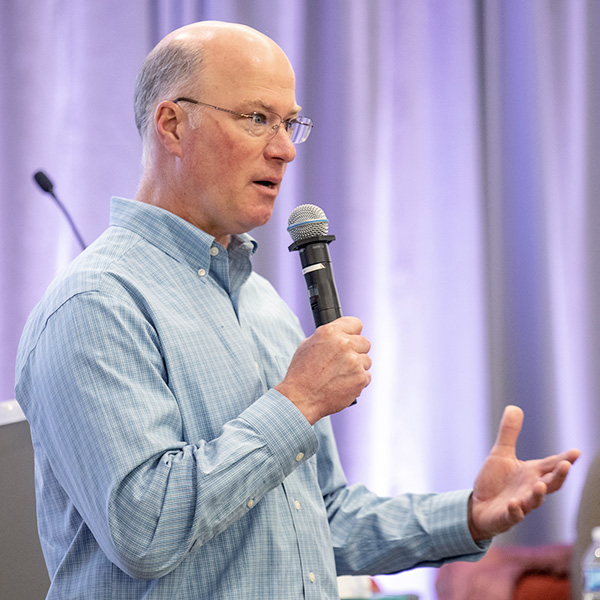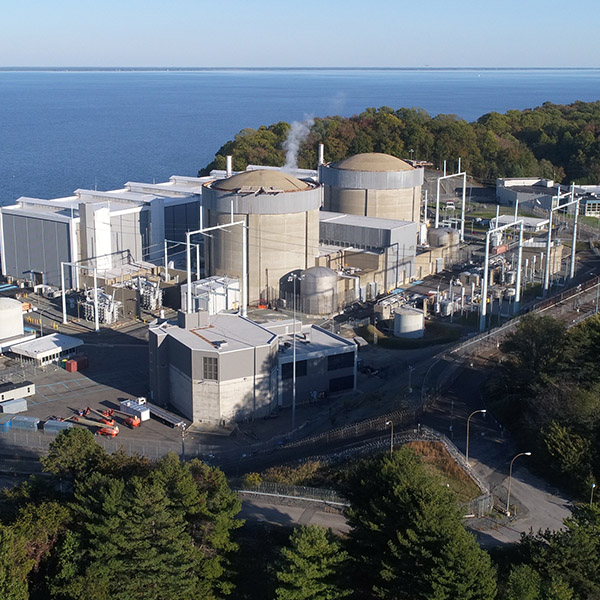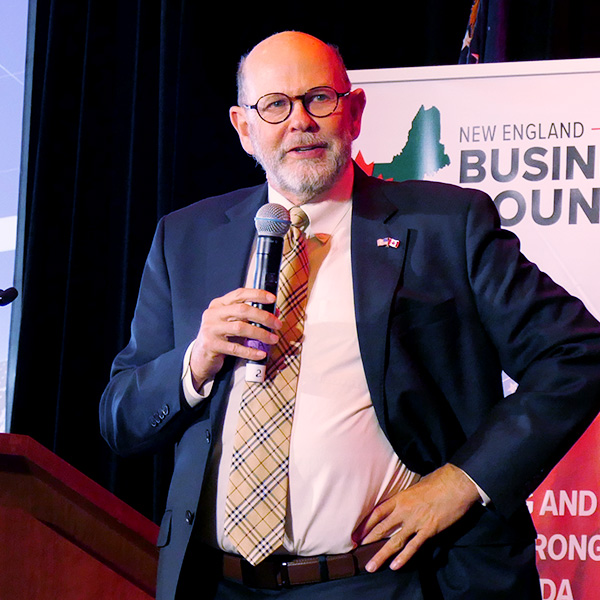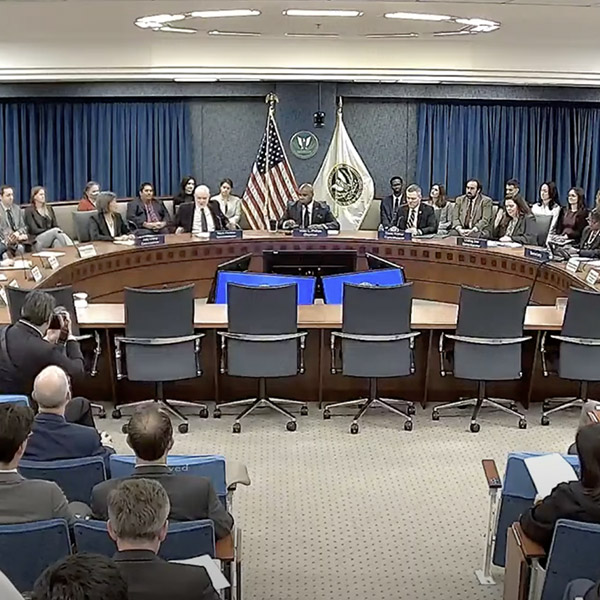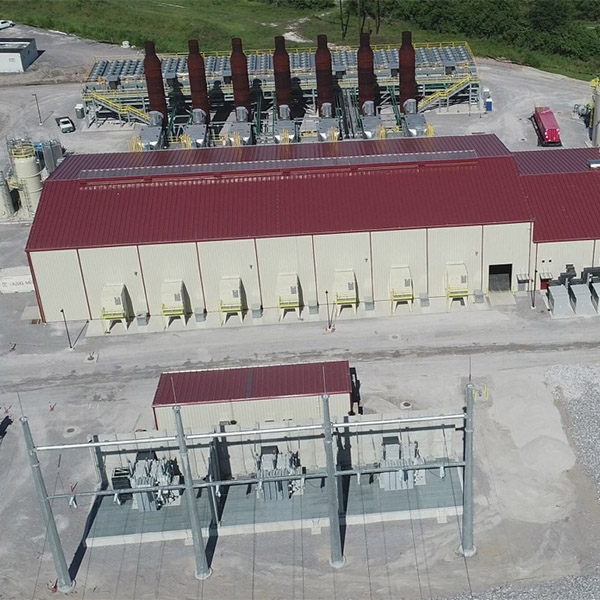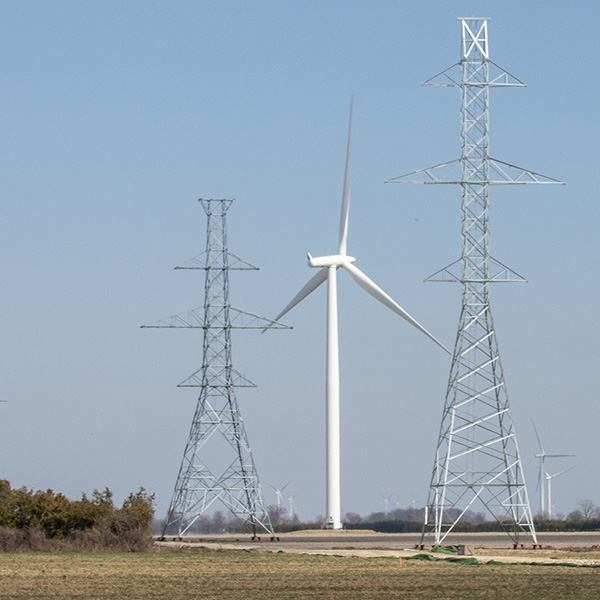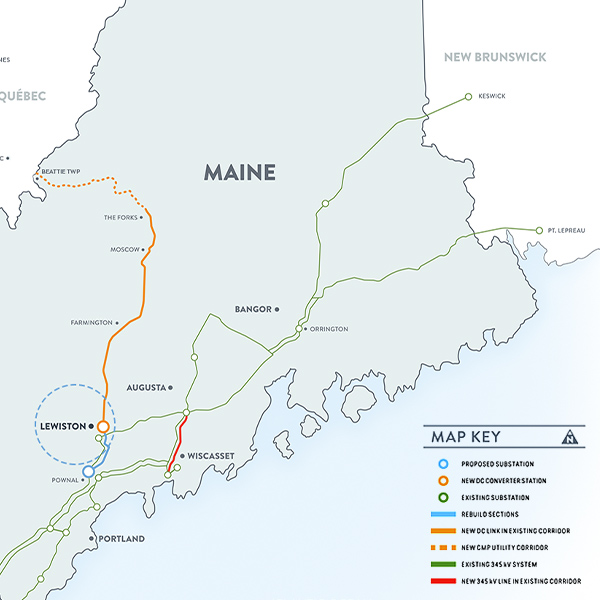Transmission Planning
The PJM Markets and Reliability Committee voted to endorse a proposal to create an expedited process to study some interconnection requests.
Constellation filed a complaint at FERC seeking to formalize the guidance PJM has on co-located demand, saying it should be included in the tariff.
Energy leaders from the U.S. and Canada grappled with the challenges of balancing decarbonization and affordability at the New England-Canada Business Council’s Executive Energy Conference.
MISO further embraced the industry’s move to chance-based transmission planning by hosting a Probabilistic Planning Symposium at its headquarters.
FERC approved Order 1920-A, addressing rehearing arguments from the previous order by granting states more guarantees that their views on cost allocation would be considered, among other changes.
MISO hopes to file a proposal in February to create an exclusive, faster route through its interconnection queue for generation projects that are key to maintaining resource adequacy.
Advanced Energy United released a report finding major economic benefits from speeding up the queues, which will lead to more investments in generation and associated jobs across the country.
ISO-NE’s regional energy shortfall threshold will rely on a pair of metrics intended to capture the intensity and duration of energy shortfall risks in extreme weather scenarios, the RTO told the NEPOOL Reliability Committee.
Stakeholders are split on whether FERC should adopt additional changes to its generator interconnection rules, or focus on implementing Order 2023 while letting specific regions go further on their own, according to comments filed after a September technical conference.
In an antitrust lawsuit filed in federal court, Avangrid accused NextEra Energy of conducting an “exclusionary and anticompetitive scheme” to stop a major transmission project connecting New England to Quebec.
Want more? Advanced Search
